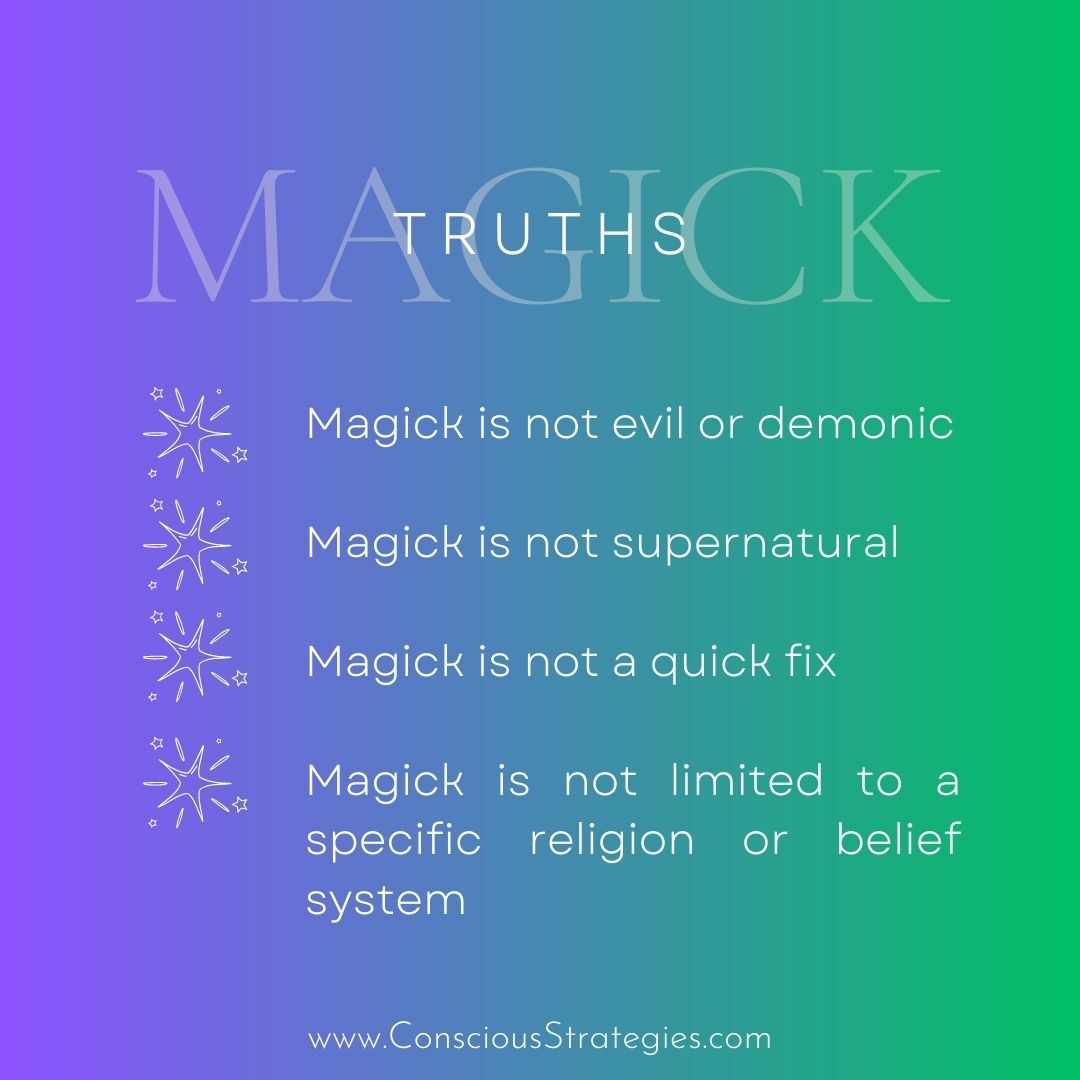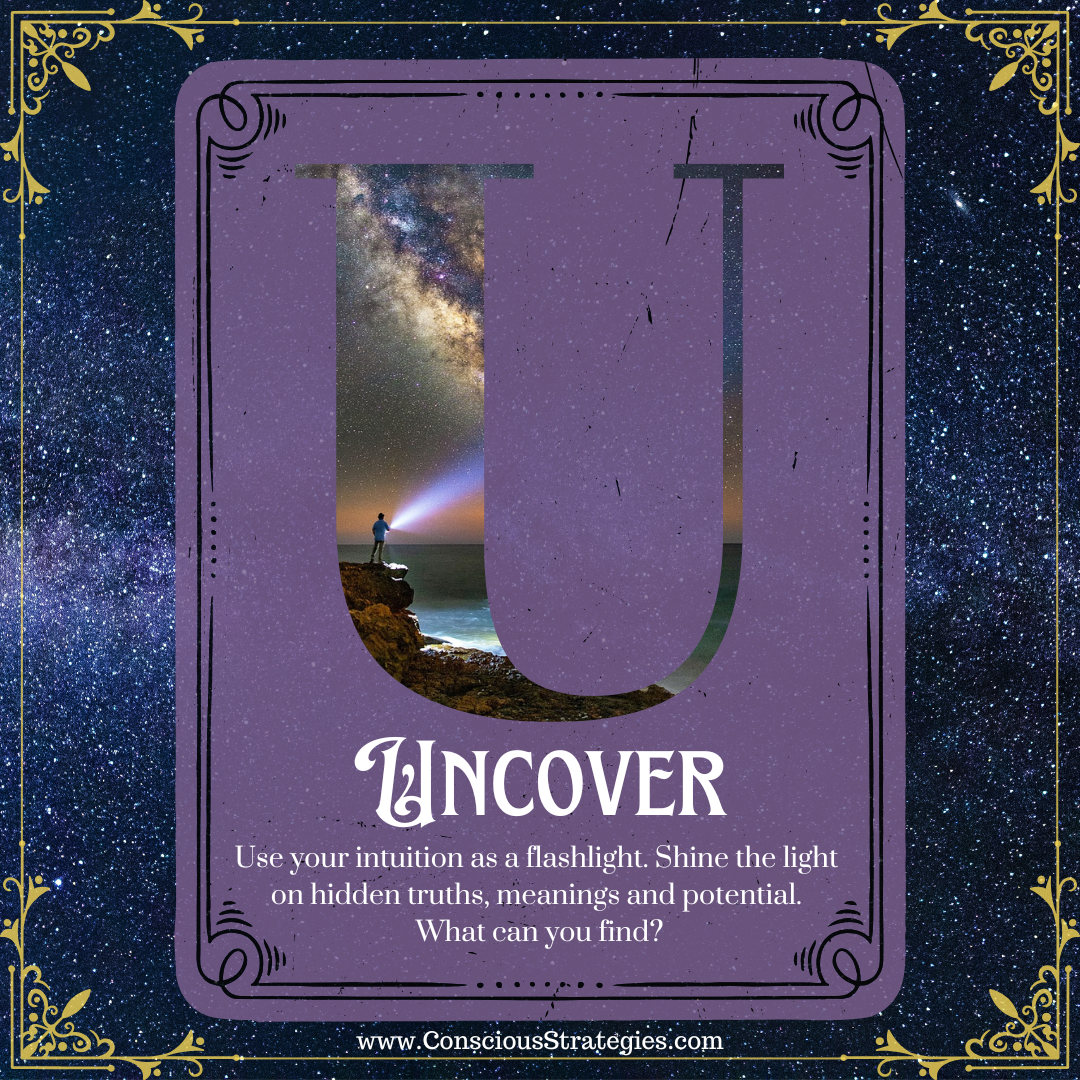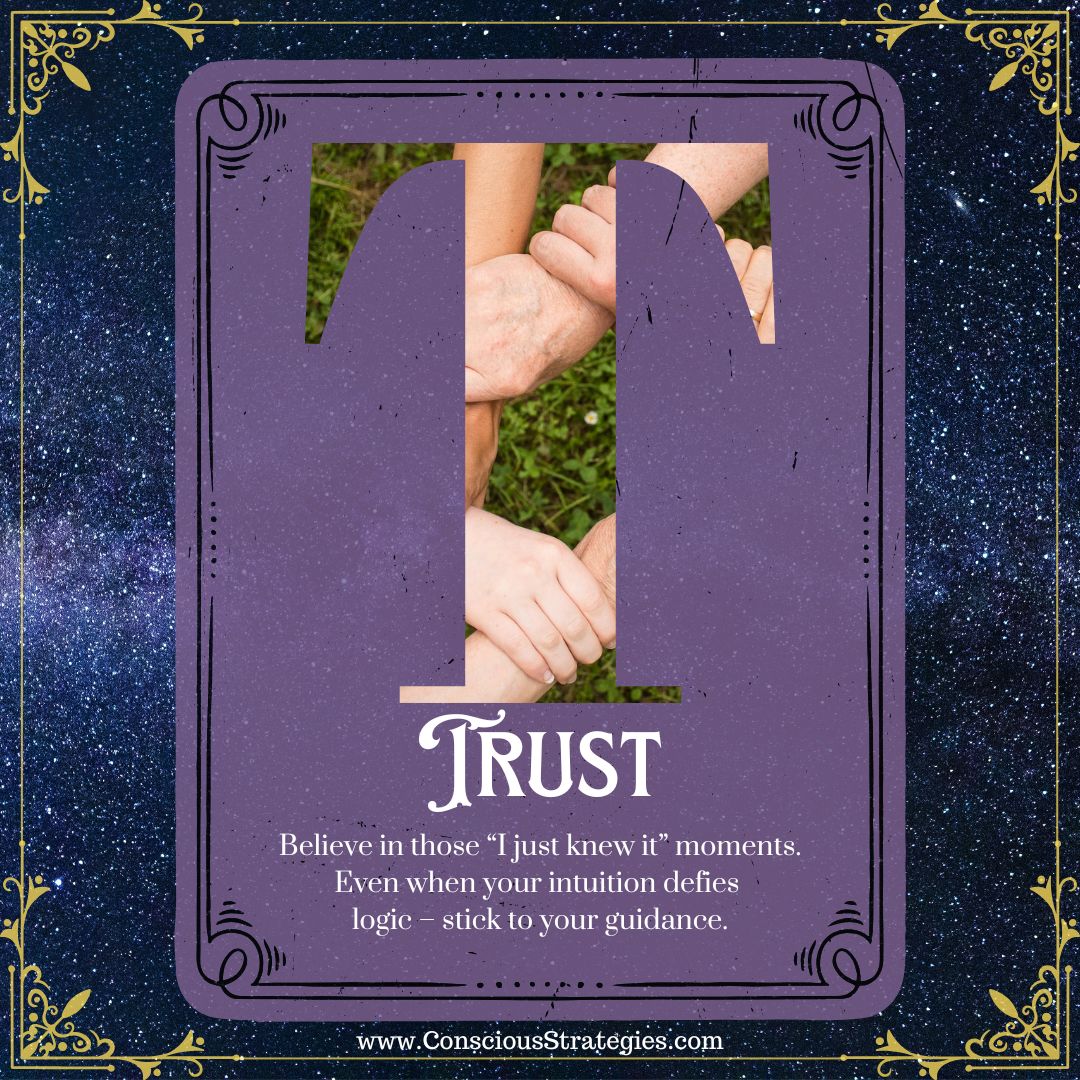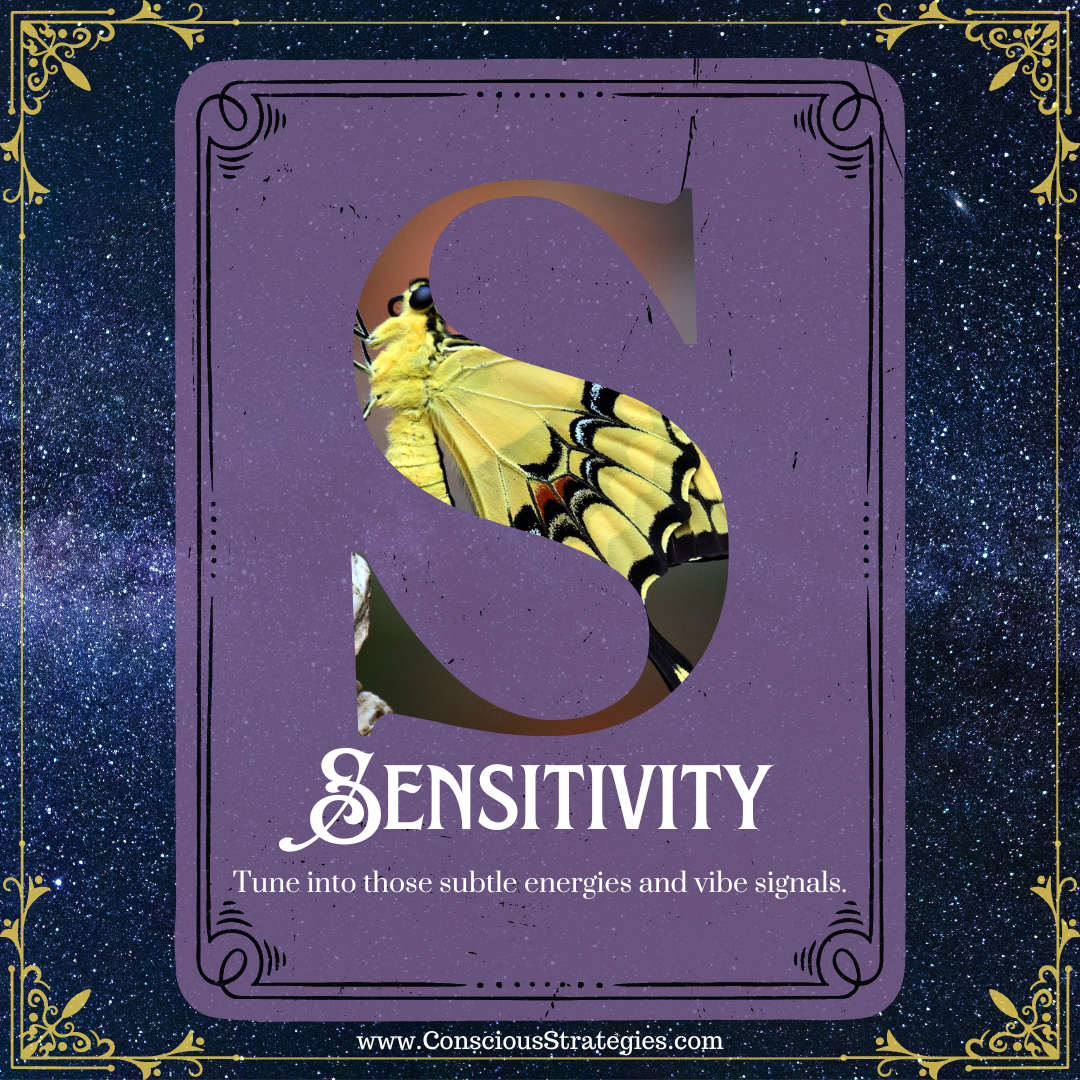Magic Myths and Realities – In the novel “Wicked,” by Gregory Maguire, he tells the story of the Wicked Witch of the West from “The Wizard of Oz.” The musical by the same name portrays Elphaba, the future Wicked Witch, as a sympathetic empath character who becomes “wicked” due to a combination of factors.
Her appearance, born with green skin, sets her apart from others and makes her an outcast, causing her to be bullied and ostracized. Feeling like an outsider, she gets involved in animal rights which puts her at odds with the wizard who wants to keep power over the animals. If that isn’t enough, she feels responsible for her sister’s death which consumes her, throwing her into vengeful and angry world of feelings.
Elphaba is a complex character whose “wickedness” is a result of her experiences and circumstances rather than being an inherent part of her personality. We are challenged by the simplistic “good versus evil” narrative of “The Wizard of Oz” and shows that even those who are labeled “wicked” may have understandable reasons for their actions. Elphaba was an empath who was put through the gauntlet of cultural bias which molded her into what our culture calls evil. This is just one example of how magick is misunderstood.
Magick has a long history of being misunderstood and misrepresented, which has led to its bad reputation in many cultures and societies. One of the main reasons for this is the association of magick with negative stereotypes and misconceptions which have been committed by mainstream media and religious institutions for centuries. For example, some people view magick as dark, dangerous, or even demonic, which leads to fear, misunderstanding, and prejudice towards those who practice.
Another reason magick gets a bad rep is that it challenges traditional beliefs and power structures. Magick empowers individuals to connect with their own inner wisdom and intuition, and to challenge the authority of external institutions and dogmas. This can be seen as a threat to those who seek to maintain power over others, or who are invested in maintaining the status quo. As a result, magick practitioners have often been persecuted and marginalized throughout history.
Because magick is often seen as a mysterious and secretive practice, it can lead to suspicion and fear. Magick is not well understood by most people, it can be easy to demonize or dismiss it without taking the time to explore its true nature and potential. This lack of understanding can lead to a distrust of those who practice magick, and can create a stigma around the practice itself.
Despite the negative reputation that magick can carry, it is important to remember that magick is a powerful tool for personal transformation and spiritual growth. When practiced with intention and integrity, magick can help us to connect with the Divine, to heal ourselves and others, and to manifest our deepest desires and aspirations. By educating ourselves and others about the true nature of magick, we can help dispel these misconceptions and promote a deeper understanding and appreciation for this powerful practice.
Here are several truths behind the myths and misconceptions of magick that are worth exploring to see what you believe:
- Magick is not evil or demonic: Magick is a practice that involves working with energy and intention to create positive movement in the world. It is not inherently good or evil, but rather a tool that can be used for either purpose, depending on the intentions and actions of the practitioner.
- Magick is not supernatural: While magick may seem mysterious and otherworldly, it is not supernatural in the sense that it violates the laws of physics or nature. Rather, magick works within the laws of nature to influence the energy and patterns of the universe.
- Magick is not a quick fix: While magick can be a powerful tool for transformation, it is not a quick fix or a substitute for personal growth and inner work. True transformation requires dedication, patience, and a willingness to confront our own limitations and challenges, wherever we may be at that moment.
- Magick is not limited to a specific religion or belief system: Magick is a universal practice that can be adapted to any religious or spiritual tradition or practiced independently of any particular belief system.
By understanding these truths about magick, we can dispel the myths and misconceptions that often surround it and approach this practice with an open mind and a deeper appreciation for its power and potential.
It’s important to remember that magick itself is neither good nor evil – it is a tool that can be used for either positive or negative purposes, depending on the intentions and actions of the practitioner. Like any other tool, it is up to the individual to use magick in a responsible and ethical way.
So the next time you are contemplating whether magick is good or evil, remember Elphaba and how she was judged without understanding her back story. Just like other tools – it is the person using them that determines their direction.






